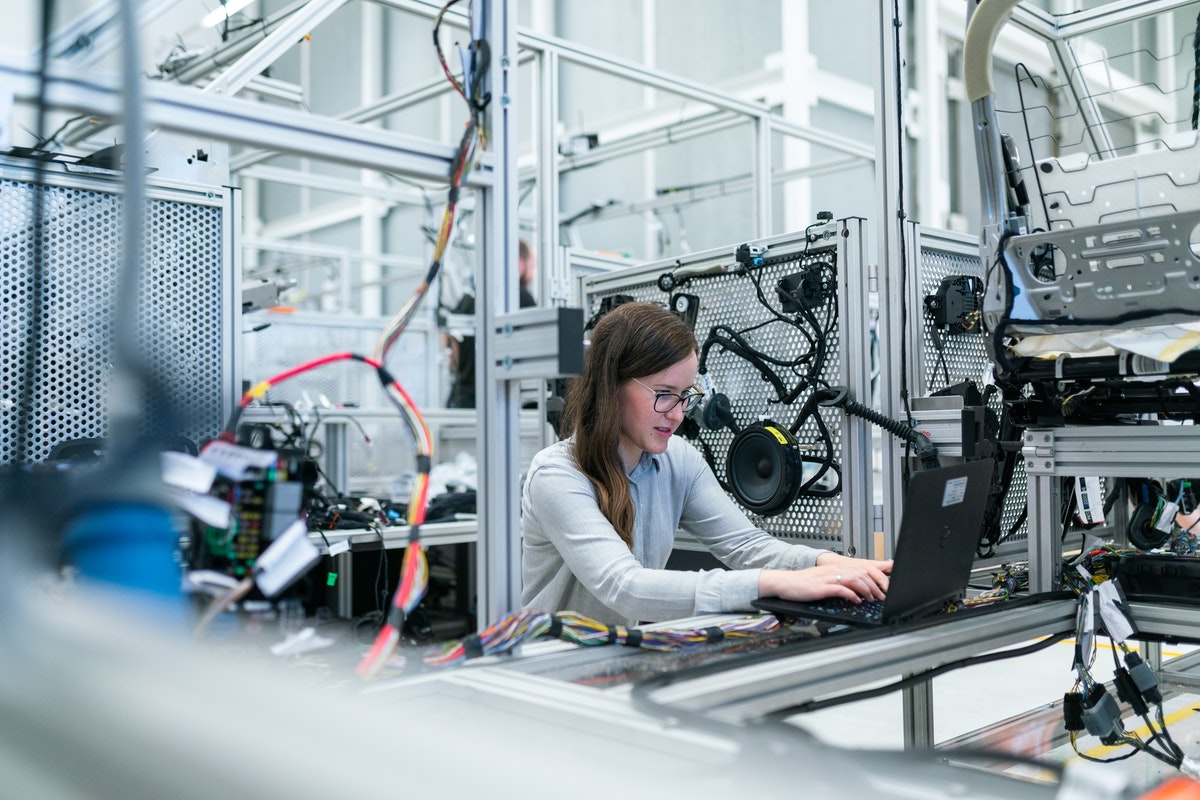The robotics industry is a hundred billion industry that has found most of its revenue by helping other industries achieve their goals. We can find robots working in various sectors such as manufacturing, Healthcare, and even in retail.
These robots help many companies from various industries to be more productive. They also help employees reduce stress, especially those who work in the Healthcare industry. They are efficient and can work longer hours than humans. However, they aren’t capable of doing complex jobs yet, even after the advanced AI development. Most of the complicated jobs are still left to human professionals to handle.
If you’re wondering if it’s worth getting a robot for your company, then you’ve come to the right place. Here are some things you should know about robots and whether if it’s worth getting one for your company or not.
Types of Robots
There are many types of Robots currently in the market right now. They fulfill all kinds of functions. Some are autonomous, while some still require someone to pilot them.
Choosing the right type of robot for your company is essential. You first have to assess your needs before looking for a kind of robot to fulfill that need. For example, if your company has hazardous on-the-field jobs that maybe handle things like radiation, you might want to get an autonomous robot to handle these things.
In some instances, you don’t necessarily need to look for a specific job that only a robot can fulfill. A robot can do general jobs like delivery or transportation of goods. If you’re looking to transport items with extreme efficiency, you might want to look for piloted drones.
Uses of Robots
Robots have many uses in a company. As stated earlier, they can be a means of transportation of supplies or carry hazardous materials in the field. There are also some niche uses of robot-like entertainment and customer service. Take Pepper, for instance, a robot that speaks like a human. Companies that purchased Pepper use it for customer service and entertaining customers. However, some robots fulfill a more niche function like sanitizing.
LG’s Cloi works with killing all kinds of harmful bacteria and viruses from surfaces. It uses ultraviolet light to do this. Currently, Cloi is sanitizing hospices and hospitals but will soon be available to all kinds of consumers.
Robots fulfill all kinds of functions within a company. From customer service to sanitation, they can do the jobs of people working within these fields efficiently. It’s just up to you what role they should take in your company.
Cost of Robots

Robots’ costs can be hefty, depending on the kind of robot you are purchasing for your company. In most cases, contacting a particular robot manufacturer can be cheaper than buying it from a retailer. Some robots are also quite easy to find because they are produced almost everywhere. For example, if you’re looking for a manufacturer that produces drones in the US, there are a decent amount of options.
There are about a hundred manufacturers that produce commercial drones. This can help you compare prices from different manufacturers and choose the right one for your company. You might encounter unique robots that need to be ordered before they are produced. These robots are much more expensive than typical ones, so make sure you do your research before buying one.
Another cost of robots comes in the form of maintenance. Robots need to be maintained, or else they will depreciate to the point that you can’t use them. However, there are some instances where it’s better to replace the robot instead of repairing them. Accessible robots such as drones can be replaced easily. However, unique robots like Pepper, the social robot, require maintenance because buying a new one is costly.
Should You Get One?
Ultimately the choice is up to you. In most situations, a company would get a robot for doing the most monotonous of tasks. Sanitation can be one of these tasks. Also, robots are great if you’re planning to increase your company’s productivity. Additionally, it’s suggested that you get a robot only if its price is less than an employee doing the same job every day.
Remember that robots are costly upon first-time purchase but eventually become cheaper. So add the annual salary of a full-time employee of your company and compare that to the cost of buying a robot and its maintenance. If the robot is cheaper than paying an employee annually, then consider buying a robot instead.
